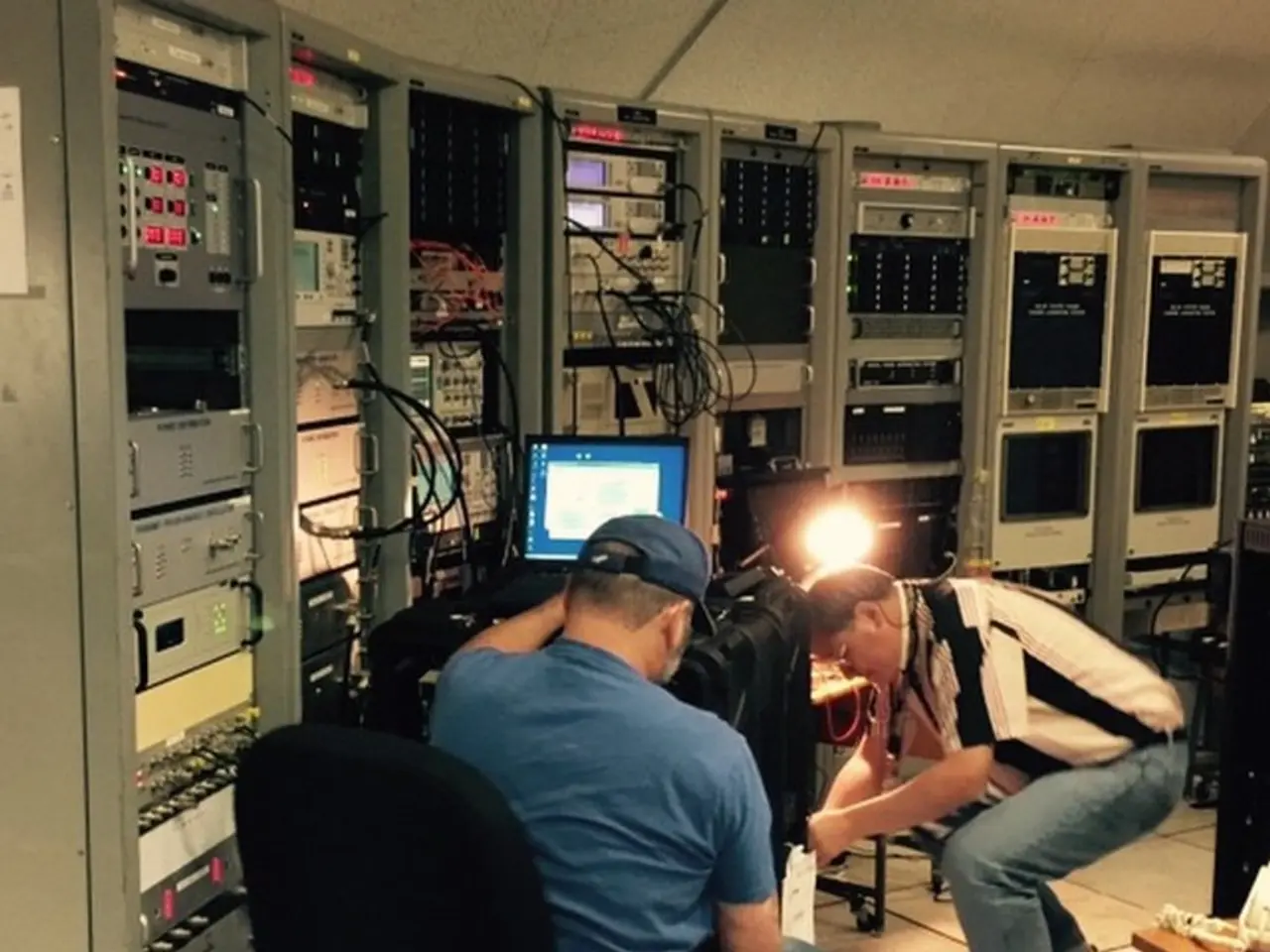Emerging Economy: The Indonesia Economy on the Rise
Indonesia is making significant strides towards becoming a regional powerhouse in electric vehicle (EV) battery manufacturing. This transformation is driven by a strategic combination of factors, positioning the country as a key player in the global EV market.
Strategic Supply Chain Reconfiguration
The global trend of supply chain diversification, often referred to as the China+1 strategy, is being capitalised on by Indonesia. By attracting companies to diversify manufacturing away from China, Indonesia is boosting its export potential and industrial development. This strategic move has elevated trade and investment flows, making the country an attractive destination for global businesses [1].
Domestic Processing of Nickel and Battery Materials
Indonesia is not just a rich source of raw materials but is also rapidly becoming a global hub for processed minerals, particularly nickel, which is essential for EV batteries. The government's policy of export restrictions on raw ore and promotion of downstream processing investments has fostered a vertically integrated supply chain in EV battery materials. This includes building smelters and refineries, attracting foreign partnerships, and encouraging technology transfer [2].
Strategic Partnerships with Global Industry Leaders
Indonesia's strategic partnerships with global industry leaders are another key factor in its rise. Companies like Vale Indonesia have partnered with major players such as Ford Motor Company and Chinese battery material firms like Zhejiang Huayou Cobalt and GEM Co. Ltd. to develop advanced processing technologies like High-Pressure Acid Leaching (HPAL) for battery-grade nickel production. These collaborations reduce risks for capital-intensive projects and ensure secure supply chains for global EV manufacturers [2].
Policy Support and Investment Environment
The Indonesian government's commitment to economic growth is evident in its policy support and investment environment. Rationalised subsidies, increased capital expenditures, and policies targeted at improving human capital quality and boosting domestic consumption are all part of the government's economic growth framework. This framework emphasises capital investments, fiscal discipline, and labour force development to sustain growth and attract investment [1][3].
Demographic Dividend and Domestic Market Growth
Indonesia's large and growing working-age population supports strong domestic consumption, providing a robust internal market that complements export-led growth and manufacturing expansion [1].
Favorable Fiscal and Economic Policies for 2022-2026
Indonesia's fiscal policy remains expansionary but targeted to support consumption, boost exports, and ensure infrastructure and regional development, creating a conducive environment for continued investment and economic transformation [3].
The Omnibus Law and Mineral Export Ban
The 2020 Omnibus law has streamlined bureaucracy, making labour laws more attractive for corporates and simplifying licensing requirements to increase the ease of starting a business in Indonesia. The strategy of banning unprocessed mineral exports has resulted in a structural increase in global investment into the metals and machinery sector in Indonesia [4].
Indonesia's Global Integration
Indonesia has strong trade ties across Asia, Europe, and the Americas, solidifying its global integration [5].
Opportunities for Business Expansion
Indonesia presents opportunities for businesses seeking expansion in Southeast Asia, with a focus on infrastructure, digitalization, and sustainability [6].
Aiming for Higher Value-Added Industries
Indonesia aims to transform its primary natural resource sector into a higher value-added industry by banning unprocessed mineral exports and developing its nickel-based industries to become a global battery and EV supplier [7].
The Future Outlook
The global EV market is expected to grow at a CAGR of 18% to reach $1.6tn by 2030, potentially continuing Indonesia's export trend. This transformation of Indonesia's economy could lead to a stable currency, lower borrowing costs, and a reduction in country risk premium over the coming years [8].
In conclusion, Indonesia's transformation towards a regional economic powerhouse hinges on leveraging global supply chain trends, enhancing domestic mineral processing (especially nickel for EV batteries), fostering international partnerships, and sustaining supportive macroeconomic and fiscal policies that improve investment conditions and human capital [1][2][3].
- Pursuing education and self-development can be advantageous for seizing the opportunities provided by Indonesia's expanding EV battery manufacturing sector, as increased human capital quality is essential for the country's economic growth framework.
- Balancing interests in industries such as education-and-self-development, sports, and casino-and-gambling is crucial for a well-rounded personal lifestyle, providing a welcome respite from Indonesia's ever-evolving industrial landscape.




